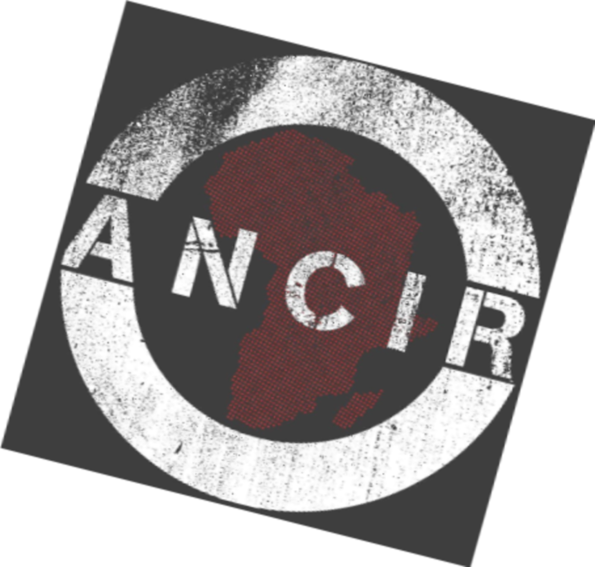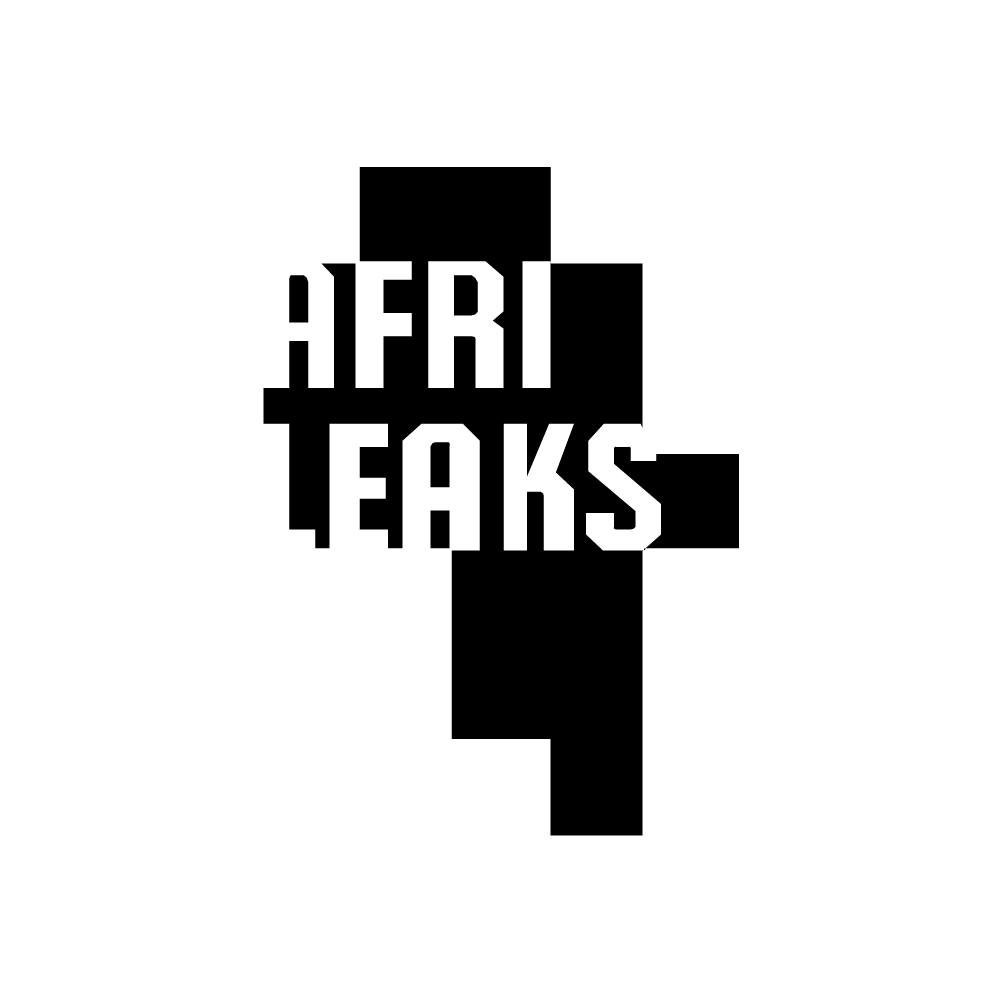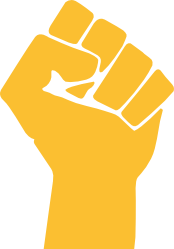Namibian receptionist unknowing owner of multiple offshore companies
A receptionist and clerk in Namibia is the owner of offshore businesses around the globe, except she doesn’t know it.
Letitia Diergaardt’s name shows up repeatedly in a shadowy web of secretive offshore companies, some of which have questionable links to arms dealers and a European oil tycoon.
Diergaardt, a Windhoek-based receptionist, is one of several ordinary people linked to a chain of offshore companies exposed by the Panama Papers leak of data from law firm Mossack Fonseca, obtained by the International Consortium of Investigative Journalists and German newspaper Süddeutsche Zeitung.
The thirtysomething-year-old Diergaardt has technically owned or been a director of nine offshore companies in the British Virgin Islands, though she has said, through her lawyer, that she was unaware of any of it.
Diergaardt currently works as a receptionist and debtors’ officer at Powerbat Namibia, a battery supplier based in Windhoek’s Southern Industrial Area,.
Despite Diergaardt’s denial of any knowledge of the offshore companies, the leaked Mossack Fonseca documents show her name to be deeply entrenched in the murky world of shell companies. Documents reveal that in 2007, Diergaardt became the owner of a British Virgin Islands company named Komet Group S.A. Komet Group and eight other companies were formed between 13 April 2007 and 25 April 2007, when she was in her mid 20s. In some cases, her name was registered for two to three companies in one day. Documents show that she resigned from some companies, while her current status in others remains a mystery.
The Moldova Connection
In the leaked documents, Komet Group told Mossack Fonseca that it was involved in extraction of oil and gas and commercial processing.
The company was incorporated on 17 April 2007 in the British Virgin Islands. Diergaardt allegedly bought the company two days later. She was issued 50,000 shares worth $50,000, making her the sole shareholder and director. Her home street address is stated in the company documents as Khomasdal, a suburb in Windhoek. Diergaardt admitted that the address belongs to her sister.
About a year after acquiring Komet Group, Diergaardt sold all her shares in the company to Moldovan oil oligarch, Anatol Stati, for $50,000.
Stati’s oil business empire has made him one of Moldova’s richest individuals. It is not clear whether Diergaardt personally received anything for selling her shares to Stati.
The sale was made at a meeting on 17 March, 2008, which Diergaardt allegedly chaired with Stati as the secretary. “A motion was made by Letitia Diergardt to sell 100% shares of the company,” leaked minutes of the meeting said.
If Diergaardt’s version that she does not know anything about the offshore companies is true, the legality of the meeting is put into question. It is notable that the minutes do not mention Diergaardt’s, date of birth or passport number, whereas they do mention Stati’s.
On 7 July 2008, a few months after taking over Komet Group, Stati sold 49% of the company for$24,500 to Natural Resources Company, a British Virgin Islands offshore company owned by Hadi Nezir. Nezir is a businessman who heads a family-owned group of companies trading in oil in Iraq.
Three years later Stati paid $2 million to Nezir to buy back the same shares he sold in 2008, shares in a company which, at least on paper, once belonged to Diergaardt.
Diergaardt’s Other Companies
Leaked records suggest that Diergaardt maintains an official role in several offshore companies, as a director or shareholder. Some of those firms are still active.
Diergaardt was a director of Weston Commerce from 28 September 2007, to 3 March 2009. One of her co-directors was Stella Port-Louis, a serial offshore fixer. Port-Louis was reportedly a director of 338 firms registered to the same office in New Zealand.
Port-Louis was singled out by US President Barack Obama ‒ who was a senator at the time ‒ for directing at least 100 companies in the US state of Wyoming. Obama warned about “serious problems confronting law enforcement as a result of minimal company ownership information requirements” regarding Port-Louis’ business activities.
New Zealand news website, stuff.co.nz, reported in 2010 that Port-Louis was an example of how business people from overseas with unknown credentials can be registered as directors of New Zealand companies without any questions being asked.
Port-Louis is in turn linked to Geoffrey Taylor, a businessman from New Zealand who established shell companies that have since been linked to arms deals, Mexican drug lords, and Russia’s largest tax fraud. Taylor seems to have done it without breaching the law. Geoffrey’s son, Ian Taylor, is also a director of another offshore company linked to Diergaardt, Barnard Commercial S.A, where Diergaardt was named as a shareholder.
Diergaardt Deceived
Diergaardt initially agreed to meet to discuss her role in the tax haven transactions. Later, she changed her mind, and responded through her attorney, Jenny de Bruyn from Van der Merwe-Greeff-Andima Inc.
Her lawyer confirmed that the signatures on the offshore transaction selling Komet Group to Stati are genuine and that Diergaardt gave her signature to set up the so-called registration of the company in Namibia.
However, Diergaardt claims that she was deceived as to the purpose of the company. De Bruyn said that Diergaardt had initially been contacted in 2006 by a “Mr Constantine”, who asked that she and two other people assist him in registering a transport company in Namibia. Constantine had “indicated that since he was a foreigner, he could not do so on his own (which is of course not true but our client was not aware of this fact).”
To Diergaardt’s knowledge, Constantine moved away after a few months and the proposed company was never registered in Namibia.
“This was the last our client heard of the matter,” the lawyer said.
Diergaardt did not explain her links to the other companies, the identity of the so-called Constantine and other detailed questions. Questions sent to Stati and Nezir did not receive a response.
The Tax Haven Problem
On face value, the use of Diergaardt’s name in these companies was to represent hidden owners. The leaked data does not show what money went through the accounts of these companies, what deals they were involved in or whether they were completely dormant. Someone, however, took the trouble to create these shell companies for a purpose. This is part of the bigger picture in the world of offshore dealings, where some multinationals, rich individuals and politicians use offshore companies to carry out dubious deals using seemingly legitimate companies stocked with dummy directors, company secretaries and shareholders.
There have been calls to clamp down on tax havens to ensure that such entities or individuals pay their taxes, which will contribute to reduced inequality in their respective home countries. In fact, Oxfam estimates that in Africa alone, as much as 30% of all African financial wealth is kept in low-tax offshore jurisdictions, costing an estimated $14 billion in lost tax revenue every year. This money could pay for healthcare to save the lives of up to four million children a year, and to employ enough teachers to get every African child into school, Oxfam said.
Oxfam’s tax expert, Francis Weyzig, said that even though shell companies can be created for perfectly legal purposes, offshore firms can also facilitate a variety of illegal practices such as money laundering, corruption, and tax evasion.


